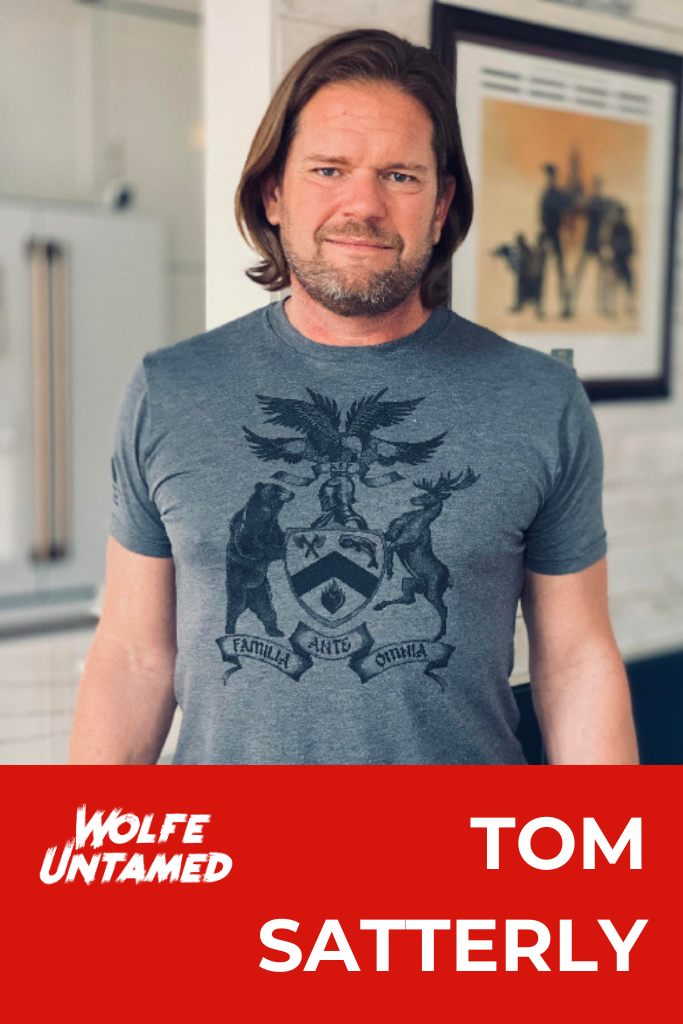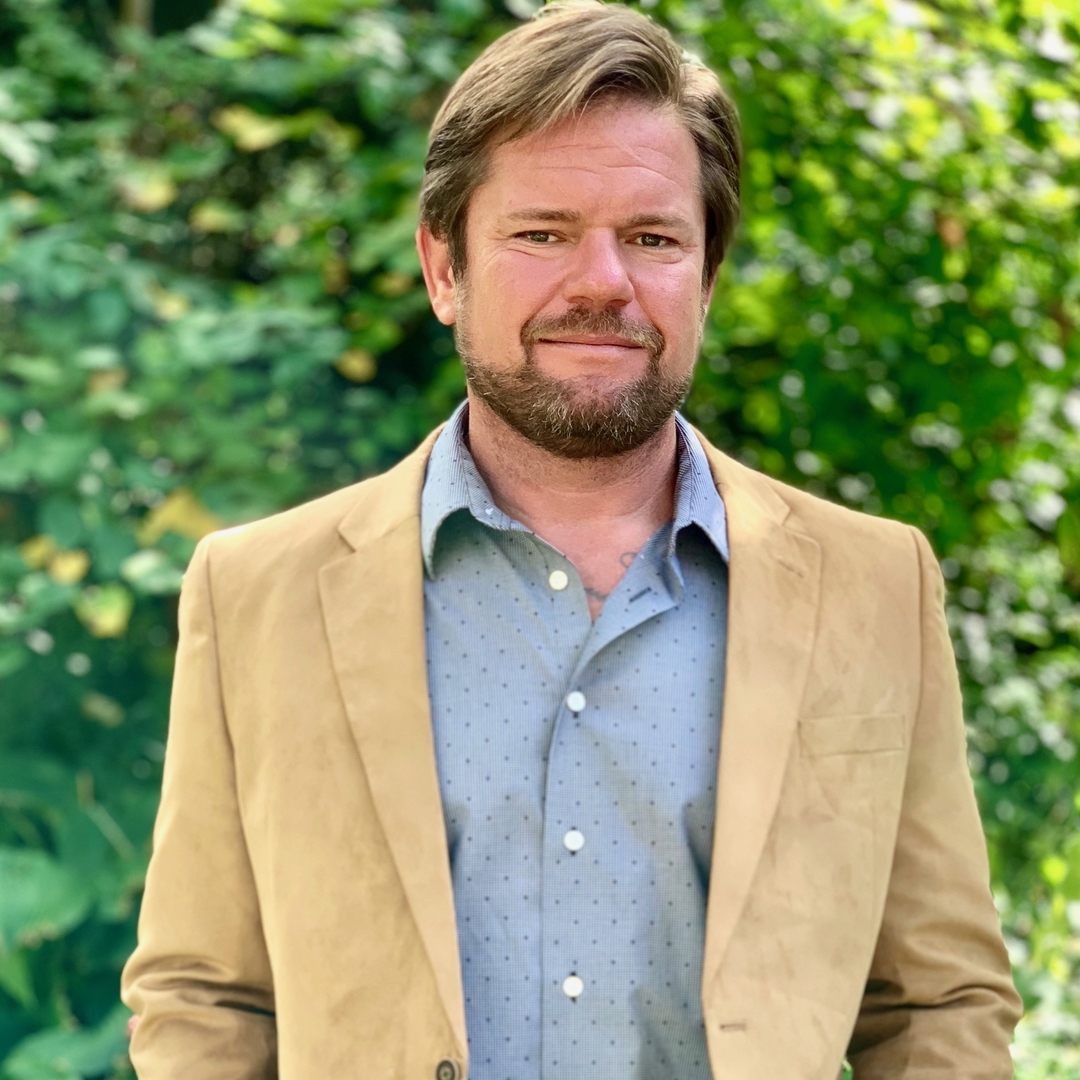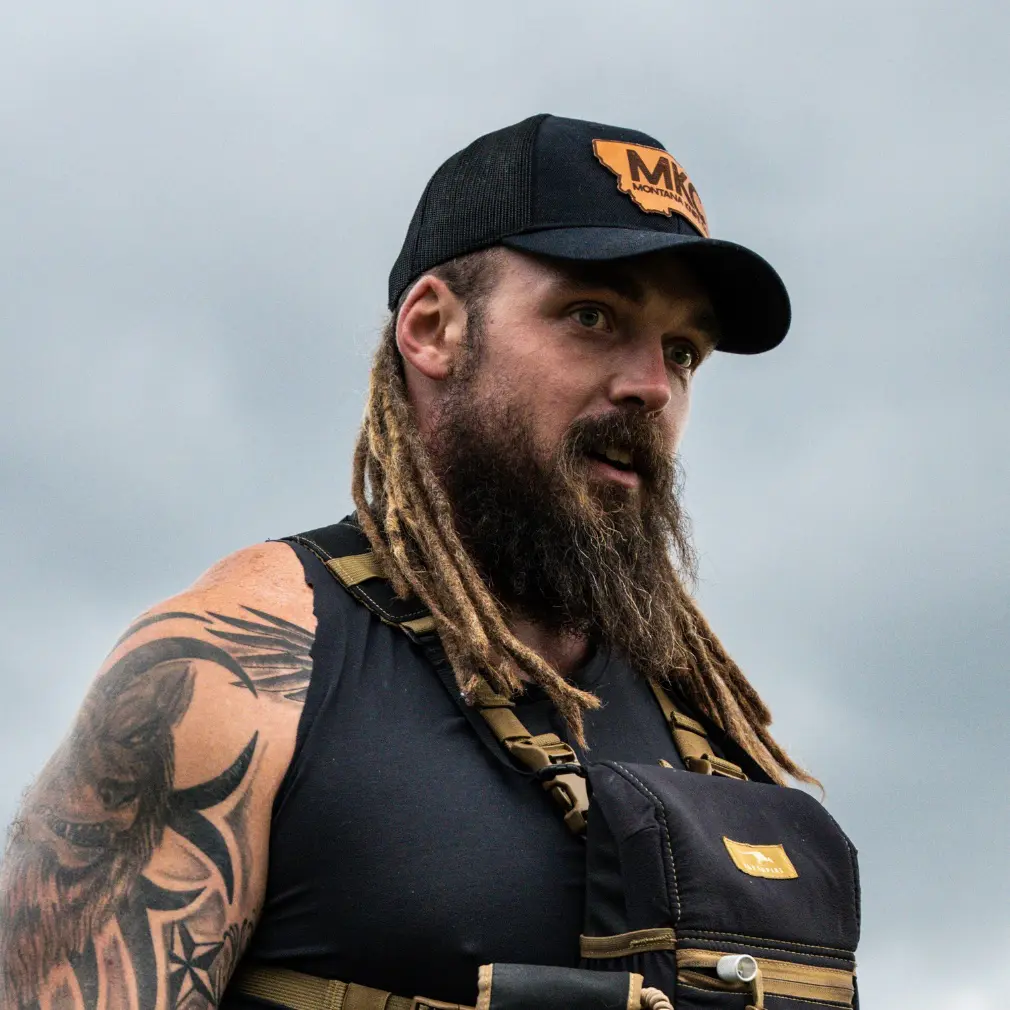Unveiling Resilience, Brotherhood, and Healing with Tom Satterly
In a riveting episode of Wolf Untamed, host Derek Wolfe engaged in a deeply personal and powerful conversation with retired Delta Force veteran Tom Satterly. With a decorated career spanning 25 years, including 20 years in Delta Force, Satterly’s military experiences and post-service journey uncover layers of sacrifice, resilience, and healing. From harrowing memories of his first combat mission in Somalia to his work with All Secure Foundation—a nonprofit focused on helping veterans and their families—this discussion is both heart-wrenching and inspiring.
“Somalia, 1993: We’re Not Gonna Make It”
Satterly doesn’t hesitate to recount the haunting nature of his first combat experience during the infamous Battle of Mogadishu. Known to many from the movie Black Hawk Down, he details the chaos and devastation:
“My first combat experience was Somalia in ’93. … We were there, like, an hour and a half, and it started going into a couple hours, and things started crashing, get shot down. I was like, this is … this is going crazy. And just guys started getting shot and vehicles started getting blown up, and the amount of people coming after us—it was ridiculous. Like, how many people are coming after me, trying to kill me right now?”
For Satterly, this was nothing like he imagined combat would be. What should have been a routine mission to secure a downed helicopter escalated into a nightmare—a grueling 18-hour firefight:
“I mean, they’d starved hundreds of thousands of people by now. That ended up turning into the longest sustained firefight since Vietnam. It’s like 18 hours. I remember being in the house thinking, you know, we’re not gonna make it.”
The harrowing events of that mission didn’t end on the battlefield. As the team attempted to leave, they were forced to run the “Mogadishu Mile,” using what little they had left to survive:
“I was picking up magazines on the ground, knocking dirt out of it, and using the ammunition … ’cause we were outta ammo. Finally made it back to the main convoy. … You don’t know the gravity of it.”
Satterly’s recollections pair raw survival with reflection. His first major lesson? Combat isn’t about invincibility. It’s about relentless training, adaptability, and sheer luck.
“You could get—your friends can get killed by a 15-year-old with an AK-47 who’s not trained. … I learned early on to back up and assess the situation before making quick decisions.”
The Path to Delta Force: Grit and Determination
Delta Force, one of the most elite special operations units in the world, isn’t for the faint-hearted. Satterly’s journey into Delta was marked by determination and a bit of rebellion. When stationed in Germany, he wasn’t initially allowed to attend a recruitment meeting due to his rank, but he found a way:
“They had a recruitment briefing for Delta that only E-5s and above could go to. But I was an E-4, so I had to sneak in.”
The selection process wasn’t just physically grueling—it tested his psyche. A particularly vivid memory was the infamous solo navigation event, where soldiers were tasked with carrying heavy gear across treacherous terrain with little guidance.
“I was staring at the ground … hating life and whining about, how did I get here? You know? And then … I hear somebody call my name. … And they’re like, for you, selection phase is over. … Relax—you completed it.”
Though physically and mentally drained, Satterly learned the value of overpreparing in those moments:
“I didn’t wanna fail any selection I went to, so it was terrifying. … I would always overtrain. Just, if it’s hard during training, it’s gonna be easy during selection. You know?”
The Capture of Saddam Hussein: Chasing the “Elvis” of Targets
As Satterly recounts, missions weren’t always about large-scale battle; sometimes they involved piecing together intelligence over months. His role in capturing Saddam Hussein exemplifies persistence and readiness, even when the odds seem trivial:
“We called it ‘chasing Elvis,’ right? You never find the guy… But one night in Baghdad, we’d gone on some hits, and we came back, layin’ down. It’s time to get some sleep. The sun’s about to come up. [They said], ‘Hey, we got a guy that’s … one of Saddam’s handlers.’”
Through a calculated series of events—interrogating contacts, piecing together intel, and executing precision raids—his unit finally located the dictator. Reflecting on the night Saddam was captured, Satterly noted the incongruity between the man’s reputation and his appearance:
“I finally see my boss, and I go up to scream at him, and he goes, shut up and come here. … There [Saddam was] sitting right … with this little salt-and-pepper beard… That’s dirty Uncle Fester. That’s not a leader of a country.”
Satterly highlights how fleeting even monumental victories like these can feel:
“Everybody’s like, oh, tell me the Saddam story. … But every time you capture somebody, there’s somebody else to go capture. … It never ends.”
Life After War: Finding New Purpose
For Satterly, retiring from combat was one of the hardest transitions. He describes the struggle of losing purpose and camaraderie:
“I just started drinking and laying in bed and sleeping all day and staying up all night watching TV and drinking.”
Describing this period as hitting rock bottom, Satterly’s turning point came through his wife, Jen. She encouraged him to channel his pain into helping others, which led to the creation of the All Secure Foundation.
“We started, you know, the All Secure Foundation to help all special operations warriors, veterans, and their families recover from post-traumatic stress and help them mostly with their relationships.”
The foundation grew into a lifeline for veterans and their families, offering everything from coaching to retreats. Many warriors struggle not with combat but with how to reconnect with loved ones after service:
“Warriors come home, and they don’t know how to hang out with their kids. They don’t know how to hang out with their spouse. … All they know is the next game, the next mission.”
Satterly emphasizes the need for tools and training, likening the process to military preparation:
“I didn’t help you shoot a weapon. … I trained you on something you didn’t know how to do. … So we tell guys, we don’t help you. We train you. We give you the tools.”
Through events like their retreats where couples hear relatable stories and practice relationship-building methods, Satterly hopes to show veterans they’re not alone in their struggles.
Brotherhood Beyond the Battlefield
The conversation between Wolfe and Satterly also delved into broader reflections on teamwork, identity, and overcoming adversity. For athletes and veterans alike, there are parallels in adjusting to life post-career. Wolfe, a retired NFL player, drew comparisons:
“I’m home now. This is how it’s gonna be, right? How do you think that went over? Not great. No, it was not great.”
Both men acknowledged how crucial it is to redefine purpose, maintain relationships, and manage post-transition struggles, avoiding cycles of self-destruction and self-medication.
Satterly encapsulates what it takes:
“You pick up on it, stop it. … You don’t keep those highs and lows anymore. You keep it kind of in the middle now… so you don’t have the big [highs] and the lows.”
A Mission That Never Ends
Whether through his work with the All Secure Foundation or inspiring audiences with his book, Satterly’s mission continues. For him, it’s about taking the lessons of war and using them to build a better world—starting with veterans and their families, one step at a time.
To learn more, visit All Secure Foundation and check out Satterly’s book, All Secure. Let his story remind us all of the cost of war but also the strength found in healing.



